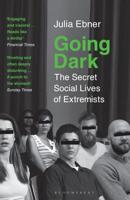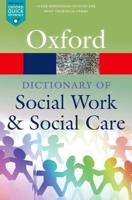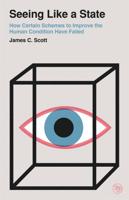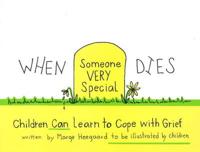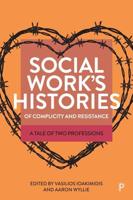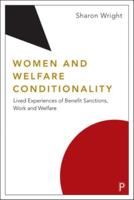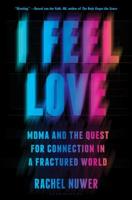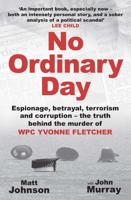Publisher's Synopsis
The police, their methods, and their relations with the community had been the focus of considerable criticism and debate in the 1980s. While there were few books available on police training, it was widely recognised that training lay at the heart of many initiatives for police reform. Originally published in 1988, this book, based on a five-year study, provides a detailed picture of the training of police recruits in Britain at the time.The results themselves have centre stage in the book, which addresses questions basic to any working group: what kind of people join; whether they think the job changes them; their evaluation of the training and their officers; their thoughts on new policies such ass equal opportunities and community policing.A direct connection is made between the recruits' impressions and experiences and their growing conception of what makes for good policing. The book traces how their attitudes to the force and their own roles change as they become familiar with the work and the occupational culture. The formal and informal socialization process is a crucial influence on the standards of competence which lie behind every contact between police and public and is central to our understanding of how the police operate.The author is a well-known researcher in the police world both here and in the USA. He relates his findings throughout to the North American experience, which provides valuable points of comparison. The important new material he presents informs debate and will still be of keen interest to students and researchers in the field.


